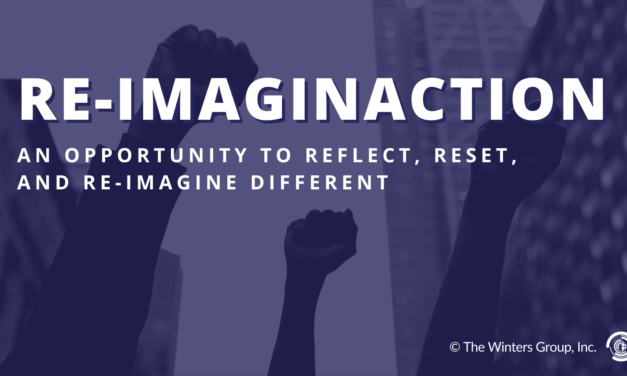Operationalizing Justice: A Checklist for Change
Over the last five months, we’ve delved deep into what operationalizing justice actually looks like, answering the question we so often get as people struggle to turn thoughts and ideas into action: “This sounds good, but how do we do it?” We have put together a checklist of actions to consult as you work to center and operationalize justice across organizations. We have sequenced the areas as a recommended progression, but each person and organization is different, so feel free to find the starting place that makes sense for you.
Read More


























